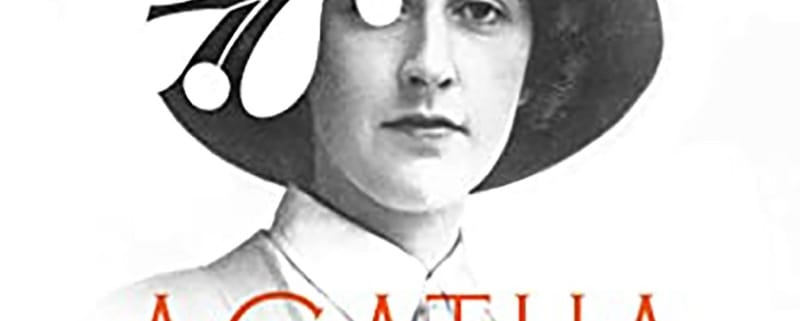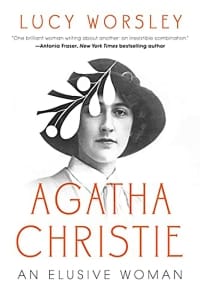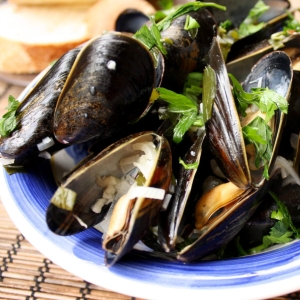Agatha Christie – an elusive woman
Lucy Worsley
Hodder and Stoughton
‘Give a Christie for Christmas’ was the publicity slogan for Christie’s publishers in the 1950s and again in 2022 many received a Christie for Christmas with this new, detailed, very readable and extremely sympathetic biography by Lucy Worsley. Worsley is a social historian and television presenter and a televised series, based on her book, is currently showing on the ABC.
In 1961, UNESCO declared Christie the world’s best-selling author. Today she is recognised as the best-selling novelist of all time.
Of course, best-selling doesn’t necessarily mean that there is any lasting literary merit.
Was Christie the formula following, anti-Semitic, upper middle-class, middle-brow writer that many critics claim? Or, as Lucy Worsley’s new biography tries to explore, ‘why did Agatha Christie spend her life pretending to be ordinary’ when she was ‘thrilling, scintillating and modern’?
As Worsley reveals, Agatha did portray herself as an ordinary housewife, rarely granted interviews and always nominated ‘married woman’ as her occupation. Conversely, she was very much The Author when dealing with her publishers, agents and the directors of her plays and happily used her growing best seller status to get her own way.
Despite her insistence on privacy and being ordinary, Christie received huge press interest, both positive and savagely negative, when she disappeared for eleven days in 1926. Was it a nervous breakdown or a publicity stunt? Worsley, with new evidence, attempts to prove the former.
There have been many articles, and biographies, including a posthumously published autobiography, but Worsley’s biography is worth reading as she had access to previously unknown information.
We are familiar with the adventurous Christie surfing in Hawaii, the archaeological digs she participated in, and often paid for, in Iraq and Syria and her ability to endure conditions that no ‘ordinary housewife’ would have.
Her second marriage to an archaeologist, Max Mallowan, who was fourteen years her junior, is also well known but Worsley reveals a tender, loving marriage of the minds and Christie’s emotional dependence on him.
Christie was born in 1889 and died in 1962. She lived through two World Wars and periods of enormous social change, especially for women. Worsley sets out to prove that Christie’s writing both reflected and commented on the changing status of woman, the difficulties of family life, marriage and parenting.
Has Worsley shown that Christie was in fact a ‘Modern’? Partly, I think.



